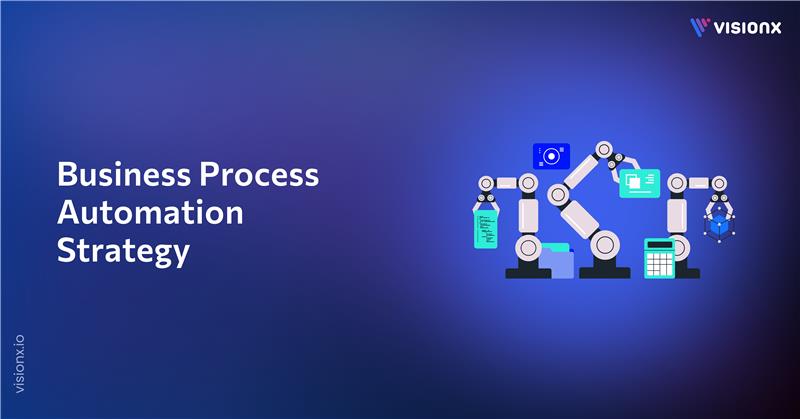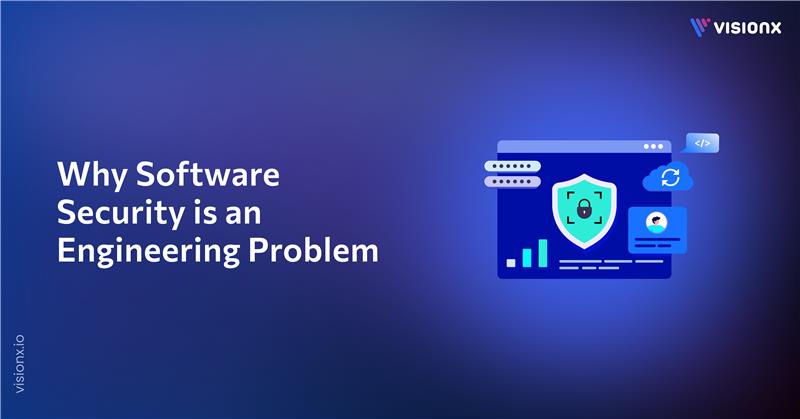Quantum computing is one of the most disruptive 21st-century technologies because it can potentially change how artificial intelligence, optimization, and cryptography work. A new quantum revolution is quickly coming, but with it also emerges new challenges and opportunities that remain truly unrivaled for developers.
This blog aims to inform and guide beginners about practical quantum app development by examining relevant perspectives, challenges developers face, and the tremendous opportunity that awaits those who dare to pursue this innovative area.
Limitations of Classical Computing
Classical computers have done us quite well but have some inherent limitations. These are represented using bits—the smallest data unit, 0 or 1. This is a potent binary system, but it has its limitations. It can’t resolve very complex problems that take much processing time. As our data needs grow, we constantly run up against the limits of what classical computers can do.
As developers begin to explore the rocky path of quantum app development, today’s frameworks like React Native will be beneficial in delivering flexible cross-device solutions that are ready for a computing revolution.
Some areas where a quantum computer may be helpful include:
- Optimization Problems: Supply chain management or route planning are all optimization problems that are time-consuming and computationally intensive.
- Existing Encryption Techniques: The present encryption techniques might still be secure for the time being but may be vulnerable to future more powerful computing techniques.
- Drug Discovery: Simulating molecular interactions for new drug discoveries is resource-intensive.
How Quantum Computing Resolves this?
Quantum computing works with qubits that are multiple states at the same time. With this property of qubits, quantum computers can perform all this data processing at a go. The process is fast because quantum computing uses all these properties to conduct calculations faster than classical computers.
Why Quantum App Development?
Quantum application development is not just a theoretical exercise but finds application in solving the real world’s significant problems. Below is why it is valuable:
- Speed: Quantum computers solve a few issues much quicker than classical computers.
- Efficiency: It will optimize complex systems, which will save a lot of time and resources.
- Innovation: Quantum computing potentially leads to innovations in cryptography to material science.
What is Quantum App Development?
Quantum app development broadly means the development of a quantum app that will work on the principles of quantum computing. While the classical bit processes information as a 0 or a 1, quantum computing operates through quantum bits or qubits. Qubits can be placed in several states simultaneously in the superposition and entanglement laws. This gives quantum computers room to perform computations on very complex calculations at speeds that the classical computer can only think of.
How is Quantum Computing Different from Classical Computing?
The primary difference between a quantum computer and a classical computer is how it processes data. Classical computers are built based on bits; they process the data linearly. On the other hand, quantum computers are built based on qubits, processing data simultaneously in many dimensions. Such exponential processing power will be paradigmatically different, unlocking solutions to problems that, until now, have been considered unsolvable.
Quantum App Development Tools
Various tools and platforms will help you develop quantum apps:
Qiskit
Developed by IBM, an open-source framework for quantum computing software development by IBM. It enables the creation and running of quantum circuits.
Cirq
Developed by Google, it is a quantum computing framework for creating, editing, and invoking Noisy Intermediate-Scale Quantum (NISQ) circuits.
Microsoft Quantum Development Kit
This includes the Q# programming language and tools for developing quantum applications.
D-Wave’s Ocean SDK
This is a quantum-developing toolkit for D-Wave quantum annealers.
Technical Challenges with Developing Quantum Apps
Quantum Algorithm
Most quantum apps’ design and development challenges revolve around designing quantum algorithms. Quantum algorithms fundamentally differ from classical ones and usually require deep knowledge of quantum mechanics and complex mathematical frameworks. The design of such quantum algorithms is also arguably very challenging, but it is paramount for fully realizing the promise of quantum computation.
Hardware Deficits
Existing quantum hardware has some limitations that make the development of quantum applications feasible. Qubits are very sensitive to environmental temperature and radiation, so keeping qubit coherence and error rates to a minimum is vital. Besides, the quantum processor must work at really low temperatures, which makes the problem even more complicated.
Scalability
One issue with quantum app development solutions is scalability. Many stable qubits and efficient error correction are required to build a scalable quantum computer, which is still one of the significant technical obstacles.
Development Tools are Limited
The set of quantum computing development tools is in a very early stage of development. Compared to classical computing, which has many mature tools and frameworks available, this is not true for quantum computing, where complex development environments are not found. Quantum applications are tough to debug and test due to the fundamentally probabilistic nature of quantum states.
Practical Challenges Faced by Developers
Skill Gap
The skill gap is one of the most pressing challenges in practical quantum app development. Quantum computing requires specialized knowledge that combines physics, mathematics, and computer science. A notable shortage of skilled developers in this field makes it challenging for teams to find the right talent.
Integration with Existing Systems
Integrating quantum applications with existing classical systems poses significant challenges. Ensuring compatibility and efficient communication between quantum and classical parts of a hybrid system is complex and requires innovative solutions.
Cost of Development
The cost of quantum computing infrastructure is high. Accessing quantum hardware through purchasing or cloud-based quantum computing services requires significant financial investment. This can hinder smaller companies and startups from exploring practical quantum application development.
Opportunities in Quantum App Development
Enhanced Computational Power
One of the most exciting opportunities in quantum app development is the enhanced computational power of quantum computers. They can solve problems involving large datasets and complex calculations exponentially faster than classical computers, opening up new possibilities in drug discovery, climate modeling, and financial forecasting.
Innovations in AI and Machine Learning
Quantum computing has the potential to revolutionize Artificial intelligence and machine learning. Quantum algorithms can process and analyze data more efficiently, leading to faster training times and more accurate models. This can significantly enhance applications in image recognition, natural language processing, and predictive analytics.
Advancements in Cybersecurity
Quantum cryptography offers a level of security that classical methods cannot match. Quantum key distribution (QKD) ensures secure communication channels that are immune to eavesdropping. Integrating quantum cryptography into applications can provide robust data security, making quantum app development solutions highly attractive for industries handling sensitive information.
New Business Models
The advent of quantum computing opens up new business models and opportunities. Startups and established companies can explore innovative optimization, logistics, and supply chain management solutions. Quantum computing can drive efficiency and cost savings, giving businesses a competitive edge.
Future of Quantum App Development
The future of quantum app development looks promising. As technology advances, we can expect:
- More stable and scalable quantum computers.
- New algorithms that solve more complex problems.
- More platforms and tools make quantum computing accessible to a broader audience.
Conclusion
Quantum app development is a frontier with immense potential and significant challenges. For developers, understanding both aspects is crucial for navigating this evolving field. While the technical and practical hurdles are formidable, the opportunities for innovation and problem-solving are equally compelling. By staying informed, collaborating, and adapting to new trends, developers can harness the power of quantum computing to create transformative applications.
As we continue to explore the possibilities of quantum computing, the future of mobile app development looks incredibly promising. Embracing this technology today will pave the way for groundbreaking solutions that can revolutionize industries and change how we approach complex problems.


